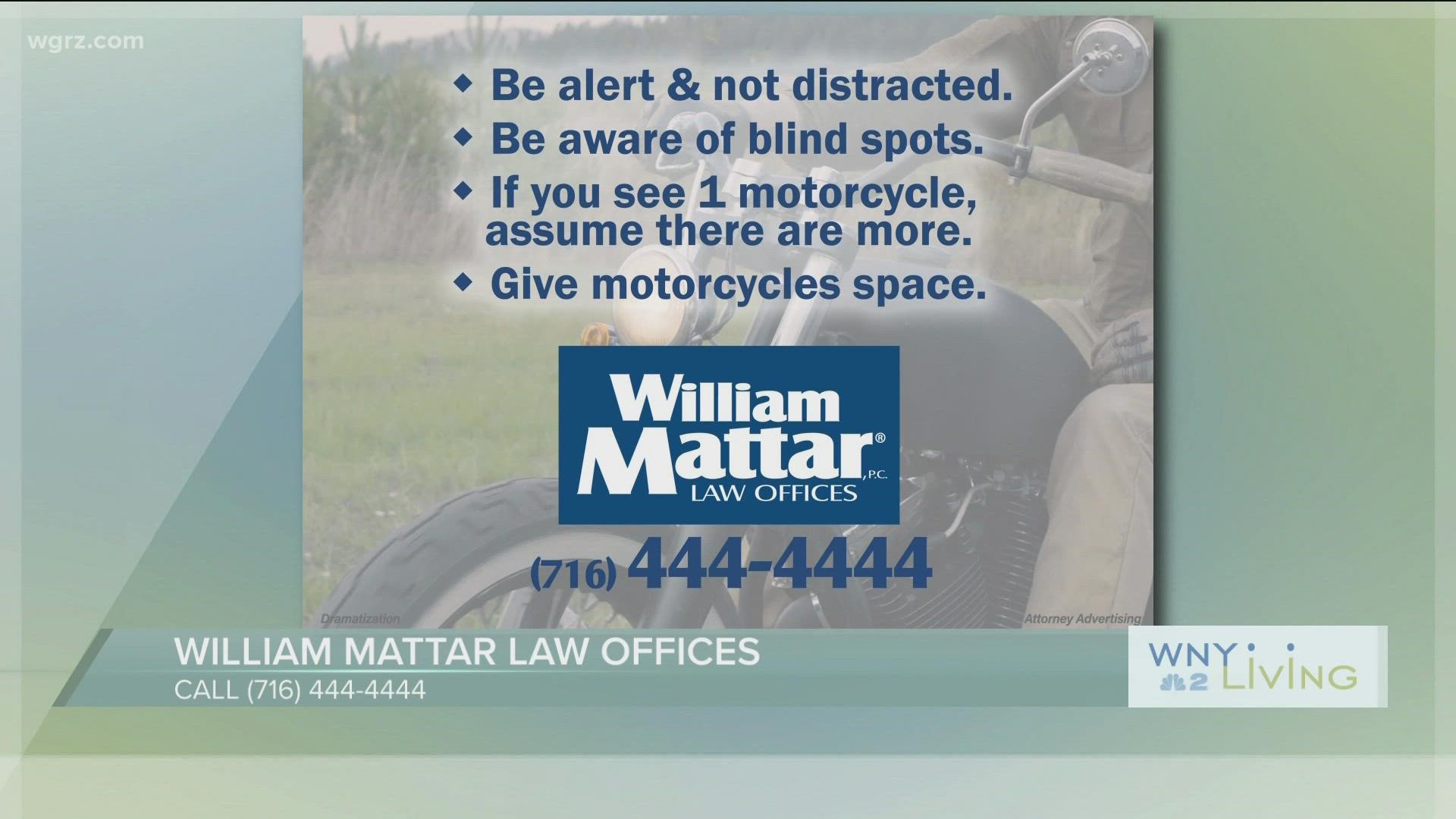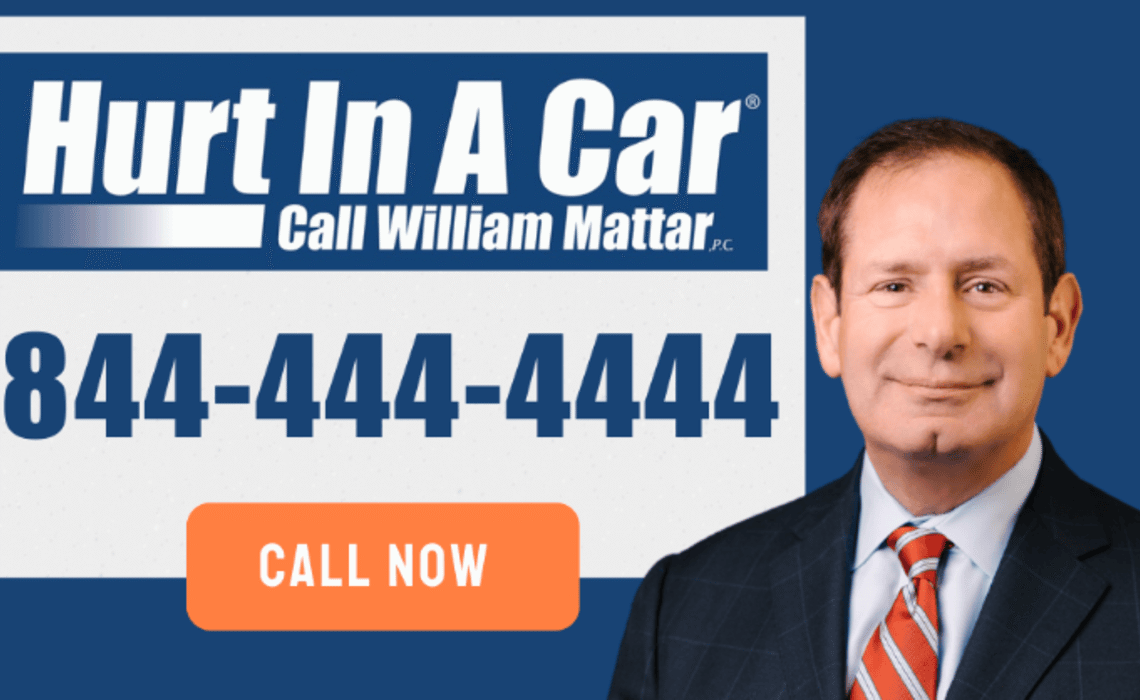New York is home to one of the busiest transportation networks in the country. From city streets packed with commuters to rural roads and highways spanning the state, New Yorkers rely heavily on motor vehicles every day. But what happens when a vehicle’s design or a component fails and causes injury? This is where a motor vehicle product liability lawyer in New York can play a vital role.
At William Mattar Law Offices, attorneys have years of experience helping victims pursue claims related to defective vehicles and parts. Their knowledge of legal theories governing product liability is essential for holding manufacturers and other responsible parties accountable.
Strict Liability: Holding Defendants Accountable Without Proving Negligence
Table of Contents
One of the most common legal theories used in motor vehicle product liability cases is strict liability. Under this principle, a manufacturer or distributor can be held liable for injuries caused by a defective product, even if they were not negligent.
William Mattar attorneys often rely on this theory when a vehicle part is proven to be defective in one of three ways:
- Design Defect: A flaw in the way the product was originally designed.
- Manufacturing Defect: An error that occurred during the production or assembly process.
- Marketing Defect (Failure to Warn): The manufacturer failed to warn users about the risks of using the product or did not provide proper instructions.
In strict liability cases, proving the product was defective and that the defect caused injury is enough—there’s no need to prove intent or carelessness.
1. Negligence: Showing Carelessness in Design or Production
Another legal theory used by William Mattar attorneys is negligence. In these cases, the injured party must show that the manufacturer, distributor, or another responsible party failed to exercise reasonable care in designing, producing, or distributing the vehicle or component.

For example, if a manufacturer ignored industry safety standards or failed to conduct proper testing before releasing a product, that could serve as a basis for a negligence claim. Lawyers at William Mattar investigate each case thoroughly to determine whether such lapses occurred.
2. Failure to Warn: When Labels and Recalls Are Inadequate
Sometimes, a vehicle part may not have a design or manufacturing defect, but the manufacturer fails to properly warn consumers of known dangers. This is known as a failure-to-warn claim.
William Mattar attorneys can investigate whether the manufacturer had prior knowledge of the issue and whether the warning provided was clear and visible. If a manufacturer issued a recall but did so inadequately or too late, that can also strengthen a case.
3. Breach of Warranty: Violations of Express or Implied Guarantees
Most vehicles and parts come with express or implied warranties – guarantees that the product will function as expected for a certain time. When a product fails prematurely or doesn’t perform as promised, it can be a breach of warranty.
William Mattar attorneys assess whether these warranties were violated, even if the manufacturer claims otherwise. They know how to identify whether a defect could fall under warranty protection and what remedies are available to clients.
Catastrophic Injury and Wrongful Death Claims
Some product failures lead to the most tragic outcomes: catastrophic injury or death. In such cases, legal action can be taken under New York’s wrongful death or serious injury laws.
William Mattar attorneys are experienced in handling claims involving seatbelt failure, faulty airbags, collapsed roofs during rollovers, defective door latches, and other severe hazards. They help families seek compensation for medical bills, funeral expenses, loss of companionship, and other damages.
How William Mattar Supports Clients Across New York
William Mattar Law Offices operates across New York and focuses exclusively on motor vehicle injury law. Their team is equipped to handle the complexities of product liability cases, working with engineers, investigators, and medical experts to build strong claims.
They offer free consultations and work on a contingency fee basis, meaning clients pay nothing unless the firm recovers compensation. From the moment you contact them, they guide you through each legal option available, helping you understand your rights and how the law applies to your situation.
Conclusion
When defective auto parts cause injuries, understanding the applicable legal theories—strict liability, negligence, failure to warn, breach of warranty, and wrongful death—is essential. William Mattar Law Offices has the experience and commitment to pursue justice for clients injured by faulty vehicle components. If you or a loved one has been affected, consider reaching out to their dedicated team for the legal support you deserve.





No Comments